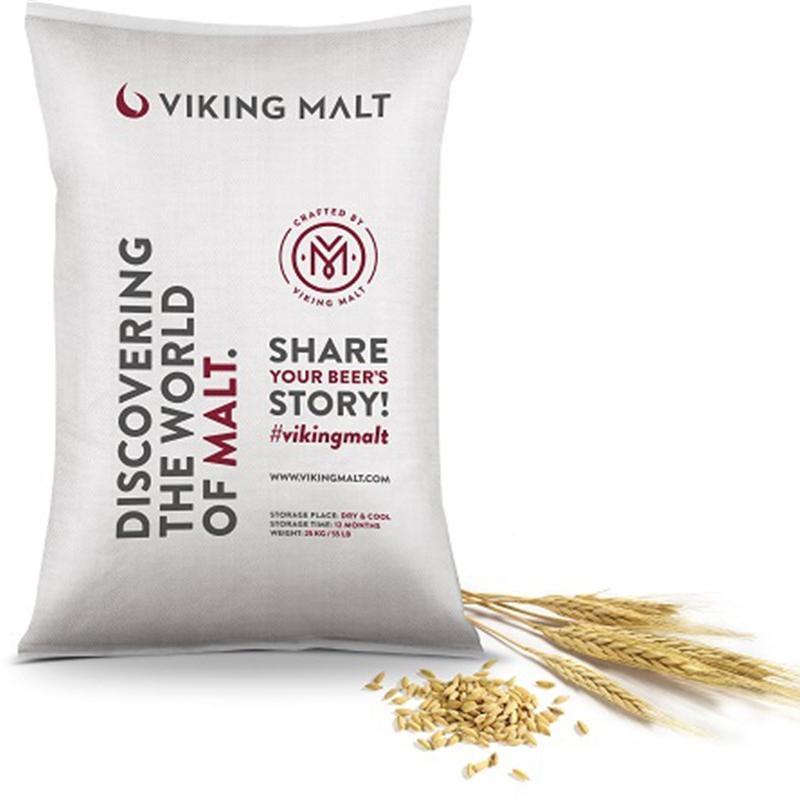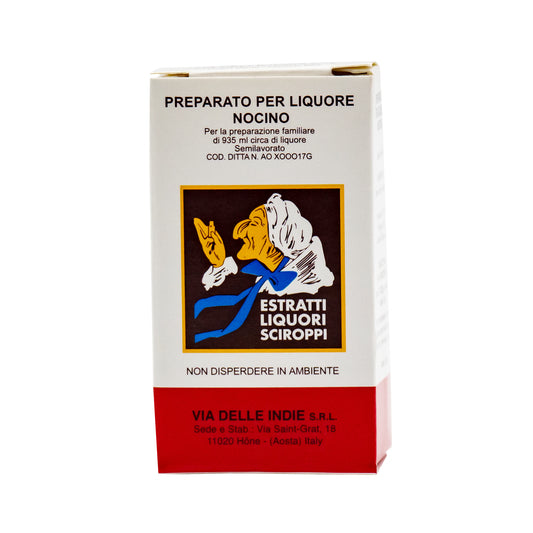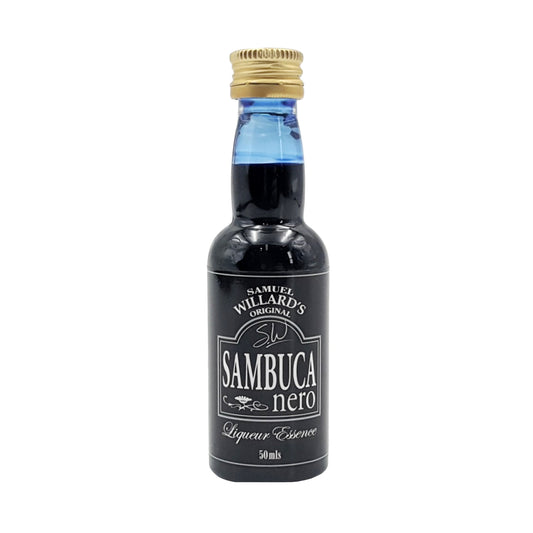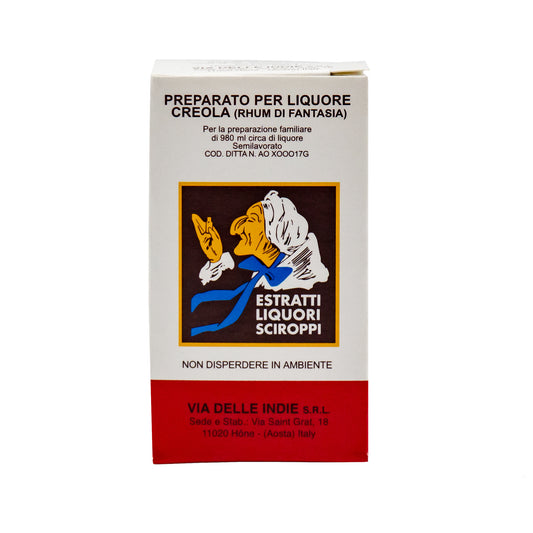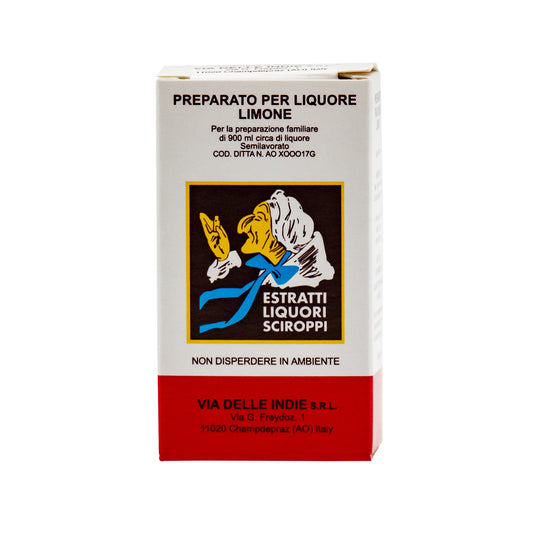All Grain Brewing

All grain brewing can be a mystifying & daunting area for new brewers to explore. Given the wide range of extract tins, & now fresh wort kits, why bother investing in all the equipment, extra time & specialised ingredients? Extract brewing is quick, easy & can yield excellent results, without all the fuss...
The simple answer is that all-grain brewing provides absolute creative control over the many variables that go into making beer. In addition, you are in control of the level of complexity of your brewing, and how involved you are in the science of it all. There are many all grain recipes with simple bills of malt & hops, & relatively simple processes, that nonetheless make great beers.

Malted grain is the basis of all beer & many spirits. Barley is most often used because it retains a significant husk, contains essential enzymes & is rich in starches, but wheat, oats, rice, rye & even sorghum have all been used in brewing. Fresh grain is soaked to encourage germination which begins a process of activating or producing enzymes required to convert starch into sugar. When a green shoot, or chit, appears on the grain, it is dried or kilned at a gentle heat.

Floor malting (pictured above) in a classic malthouse has been replaced, by & large, by more industrial methods, using large rotating kilns to evenly heat & dry the grains. Gentle temperatures are used for base malts, including traditional pale & Pilsner malts,to preserve essential enzymes, & impart little colour. Specialty malts are kilned, stewed or roasted at specific temperatures to achieve their unique properties, such as biscuit or caramel character, darker colour, or modification of starches into simple sugars.

For many brewers making the transition from extract to all grain, it begins with adding some specialty malts to a tried & tested extract recipe. Simply steeping some grains will add colour, flavour & depth of character to a finished beer. Crystal malts are excellent for this purpose - specially kilned & stewed, these malts are already highly modified, providing simple sugars for yeast to ferment, with unfermentable longer-chain sugars to provide some residual sweetness & add body, as well as distinctive toffee/caramel flavours. Crystal malts come in a range of colours - light, medium & dark - giving you more control over the colour of your beer. Steep grains in a volume of warm water, remove or strain then bring the results to the boil, before cooling & adding to the fermenter with your regular extract tin & dextrose or malt mix.

Another intermediary step is partial mashing. Mashing is the process of converting the starches in malted barley or wheat (among other grains) into sugars that can be utilised by yeast. Partial mashing involves including a mini-mash in an extract recipe, replacing some or all of the required dextrose or malt mix, to add the distinctive character of individual base malts (such as Vienna or Munich) or specialty malts. Using a pot with a nylon grain bag, crushed malts are soaked & held at a given temperature that encourages enzymes involved in the conversion of starch into sugar. The grain is removed, & the resulting wort is mixed with malt extract, boiled, cooled & added to the fermenter.

All-grain brewing takes the next step by eliminating malt extract & providing most, if not all, of the fermentable sugars by the process of mashing malted grains. Sophisticated single-vessel brewing systems (eg RoboBrew, Grainfather & Braumeister) & complicated triple-vessel brewhouses are used for this purpose, but excellent results can come from relatively simple methods such as Brew In A Bag (BIAB). This method requires little equipment - a grain bag & a decent sized pot is all you'll need, if you have a friendly neighbourhood local home brew shop willing to mill your grain (like Home Make It). Mills can be a little expensive - expect to pay upwards of $140 - but they are a good investment in the long term...

Mashing allows the brewer to utilise enzymes naturally occurring in the grain. These usually help provide a growing plant with the energy it needs, but can be used instead to make a wort that yeast can then make into beer. The conversion of starch into sugar occurs best at temperatures close to 65°C - more fermentable sugars will be produced at a temperature slightly lower than this (say, 63°C), while a slightly higher temperature (such as 68°C) will result in a wort with more unfermentable sugars, resulting in a fuller body & some residual sweetness in a finished beer. 65°C is a good compromise, & a good starting point for the beginner. Using a ratio of anywhere from 2.5 to 4 litres of water per kilogram of malt will yield acceptable results, but many brewers will aim at around 3 litres of water per kilogram of malt.

After the mash, the grains are removed & the wort is then boiled. Traditionally, the wort was boiled for an hour or more - classic Pilsner worts were usually boiled for 90 minutes. But while this practice remains typical, there is evidence that a shorter boil time is often adequate for most styles of beer. Boiling sterilises the wort, & also drives off unpleasant volatile aromatics like dimethyl sulphide (DMS), while encouraging proteins to clump together or coagulate & precipitate out of the wort, for cleaner flavours & greater clarity. Boiling also produces some caramelisation & creates toasty Maillard products that develop colour & flavour.

The boil is also the time for the addition of hops. Compounds in hops known as [alpha] α-acids are not particularly water soluble or bitter tasting until they have been subjected to thermal isomerisation. When heated, they are converted into iso-acids that are intensely bitter & more water soluble. Hops added early in the boil will contribute more bitterness, measurable as International Bitterness Units or IBU. Added later or at the end of the boil, more aromatic hydrocarbons & hop oils are preserved, leaving more hop flavour & aroma in the finished beer, but extracting less bitterness. Multiple additions of hops are popular, to take advantage of the wide range of compounds extracted from hops at different stages of the boil.

After the boil, the wort is chilled to a temperature safe for adding the yeast. This can be achieved by using an immersion coil, counter-flow & plate chillers, or steeping the pot in an ice bath. Another method is to simply drain the still-hot wort into a food-safe plastic container - or cube - that can be sealed with an airtight lid. The cube is filled to the brim, any air is expelled & the lid is screwed on. The heat of the wort effectively sterilises the container, & the wort cools to ambient temperatures overnight or within 24 hours. Then, like a fresh wort kit, it is simply poured into a fermenter.

Whatever method you use, ensure everything that comes into contact with cooled wort is cleaned & sanitised. This includes the fermenter, spoons or paddles, taps, gravity filler, bottles & bottle caps, tubing & kegs. Make sure you aerate the wort before yeast is added - this can be achieved as simply as pouring from a height, or by using an air-stone & a pump with a sterile filter, or attaching a paddle to a drill to give the wort a mighty stir. This provides yeast with the oxygen it will need to get going. After a short lag time, while the yeast grows & multiplies, fermentation begins. Yeast will soon be belching carbon dioxide to create a distinctive foamy krausen to let you know it's kicking off.

More hops can be added after the first flush of fermentation, in a process known as dry hopping. Hops added at this stage will contribute more hop aroma. This is almost essential in hop forward styles such as IPA, but a range of styles can benefit from this punchy boost. Hops can be popped into a small nylon bag for easy retrieval, or simply tossed into the wort, where they will - eventually - settle out of suspension.

After fermentation, your beer is ready for packaging. You'll know when fermentation is complete as there will be no bubbling through the airlock, but to be sure it's safest to compare two gravity readings. You can use a hydrometer to observe specific gravity, which is a measure of the density of a liquid. Two stable measurements over two to three days will indicate that all the sugar has been fermented, and it is now safe to bottle or keg.
We will be going into more detail on post-fermentation handling, including bottling & kegging, next newsletter.

After all this effort, it is easy to appreciate the simplicity of using pre-made hopped wort extracts, where all of this work has already been done. But the satisfaction you can derive from taking control of the whole creative process can't be replicated. And it really is much easier than you think!
All Grain Recipe Kits

All new Pale Rider American Pale Ale All Grain Recipe Kits are available in store. Formulated to make 21 litres of standard strength beer, these recipes have been designed for the Brew In A Bag (BIAB) method, but can be adapted for any system.
Included in the retail price is 5 kg of malted grains, a simple grist featuring Viking Pale Malt, a good 2-row base malt, with wheat & crystal malts. With this kit, you get an introductory offer of 15% discount on required yeast & hops.
Recommended hop additions for this kit are Mosaic & Cascade, but any bold American hops can be substituted. Old standard Safale US05 American Ale Yeast from Fermentis is the suggested yeast.

Intro To All Grain Brewing Workshop
Learn how to make great homemade grain brew from scratch & impress your family and friends!
The following areas and techniques will be covered in this 2 hour Intro to grain brewing workshop: ingredients, recipe development, equipment, additives & Methods
Special Offer: Customers will get to take home a free HMI All Grain Kit on the night - valued at $20 - with 15% off any hops or yeast you'll need to brew your own beer.
Reservoir
Wednesday 10th October 2018, 6pm-8pm
Bookings accepted until Monday 8th October 2018
Wednesday 7th November 2018, 6pm-8pm
Bookings accepted until Monday 5th November 2018
Book online, or call 9460 2777 or email reservoir@homemakeit.com.au
Clayton
Saturday 13th October 2018, 2pm-4pm
Bookings accepted until Wednesday 10th October 2018
Wednesday 28th November 2018, 6pm-8pm
Bookings accepted until Saturday 24th November 2018
Book online, or call 9574 8222 or email clayton@homemakeit.com.au
Specials
Click on our sale banner below for this week's Specials:
Vouchers
Gift Vouchers and Course Vouchers make an ideal present for any maker in your life, & are a great last minute gift for Father's Day! Available In-store or ONLINE.

